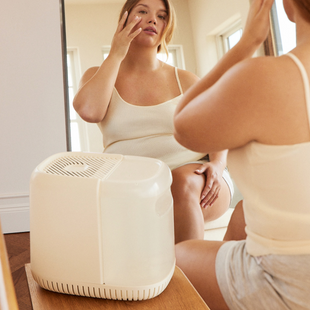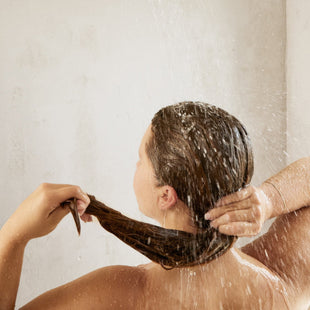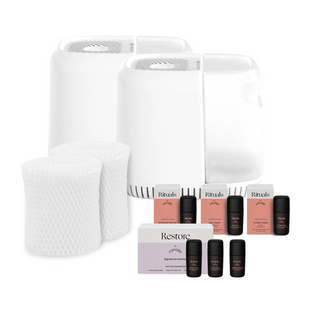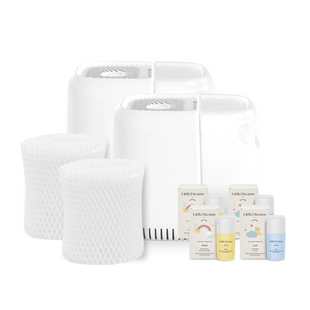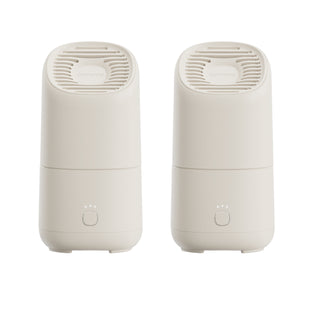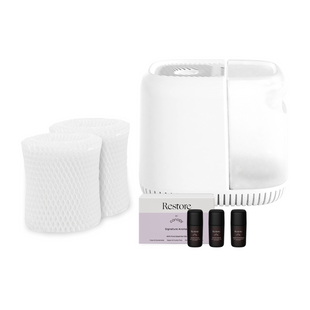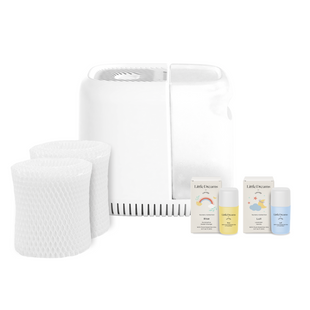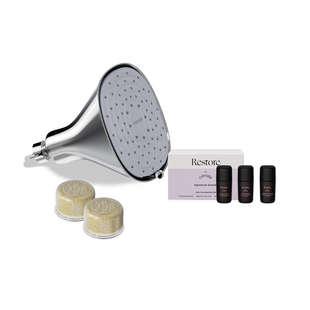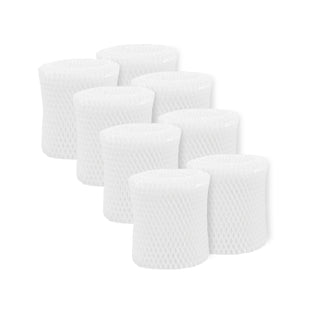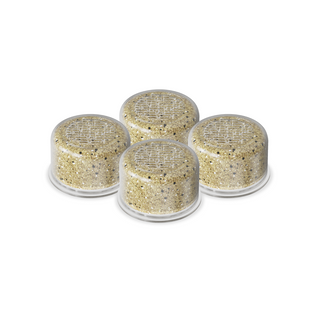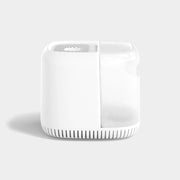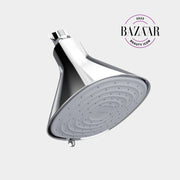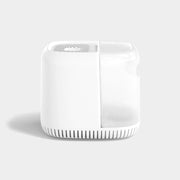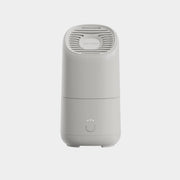The average adult body is composed of 60% water. Isn’t that a trip?
On average, more than half of your body composition is pure water! It is no wonder why health care professionals, nutritionists, and generally any individual with an understanding of human anatomy stresses the importance of sufficient hydration.
Hydration is not only important for brain and heart health (each is composed of around 73% water), proper lung function, and other anatomical functions. Hydration is a crucial component of overall skin health. Before we go over some tips for healthy skin, let’s review the importance of staying hydrated.
Why is it important to keep skin hydrated?
The skin is composed of three layers: the epidermis (the outer layer), the dermis (the thick layer beneath the epidermis), and subcutaneous tissue (the innermost layer). The epidermal layer of skin is layered with a thin film of water and lipids, which serves many functions. Some of these functions include:
- Protecting the skin from external irritants, bacteria, and pathogens
- Carrying nutrients to tissues and skin cells
- Minimizing bodily water loss to the environment
- Repairing skin damage from environmental assaults
When the skin lacks proper hydration, you will experience dryness, a tight feeling, and you may notice small or moderately sized cracks on the surface of the skin. An impaired skin moisture barrier can increase the potential for infection, burns, or may trigger existing skin conditions like eczema or psoriasis.
If none of this compels you to monitor the level of moisture in your skin, how about this: dehydrated skin accelerates the aging process and exaggerates the appearance of fine lines, crow’s feet, and wrinkles. No, thank you!
How to hydrate skin
Your skin needs some TLC, especially during the fall and winter months when dry winds and cold air draw moisture from the body and into the environment. The best way to hydrate your skin is by drinking enough water, applying hydrators and moisturizers when needed, and using a humidifier to manage home humidity levels.
Drink water

How many times did your parents or guardians exclaim: “You need to drink more water!” when you were growing up? While you could probably care less at the time, they had a point: drinking water is the most effective way to keep your body functioning at full capacity.
According to a study conducted by the Institute of Medicines of the National Academies, women between the ages of 19-30 years of age should consume 2.7L of water (including from beverages, food, and pure water sources) per day while men of the same age range should consume 3.7L.
The best way to achieve this total water intake is to get a reusable water bottle from Yeti or Hydroflask and refill that bad boy throughout the day with water or unsweetened tea.
Use a quality moisturizer
A quality moisturizer is a helpful tool to keep in your skincare arsenal to ensure healthy skin. A moisturizer creates a protective film on the skin with the use of humectants to prevent moisture loss into the environment.
When searching for the best moisturizer for your skin, look for the following ingredients in the ingredient labels: hyaluronic acid, glycerin, ceramides, and essential oils (coconut, argan oil, jojoba, avocado, marula, rosehip, and calendula are the most effective for skin hydration).
Use a humidifier to monitor home humidity levels

A common culprit of dry, dehydrated skin is a low level of humidity in the home. During the winter months, home humidity levels tend to drop significantly with the use of central heating, which can exacerbate the symptoms of dehydrated skin.
Relative humidity (RH) levels in the home should sit between 30% and 50% for maximum comfortability. If RH falls below 30%, or you prefer a higher level of humidity in your home, closer to 50% and a hygrometer reads closer to 30% or 40%, you need a humidifier.
Placing a humidifier on your bedside table at night can help prevent water loss, improve skin elasticity, and reduce the appearance of fine lines and wrinkles.
Additional tips for healthy skin
Drinking an adequate amount of water, using quality skincare products, and incorporating a humidifier in your home will improve the overall moisture content of your skin. There are, however, additional measures you can take to ensure healthy skin now and into the future.
Here are a few skincare best practices to help you maintain hydrated, supple skin all year long:
- Turn down the heat! Reduce the temperature of your bath or shower and keep them quick. Excess heat can accelerate water loss from the skin.
- While you’re at it, pat don’t rub your body down with your towel after the shower to retain moisture and avoid irritation.
- Avoid prolonged exposure to the sun. Always apply sunscreen whether you can see the sun, or if it’s raining. If you can’t avoid the sun, use a floppy hat or an umbrella for protection.
- You are what you eat. Adding foods rich in fatty acids like salmon, olive oil, walnuts, and avocados to your diet can help enrich your moisture barrier. Avoid processed sugars when you can, and drink that water and tea!

